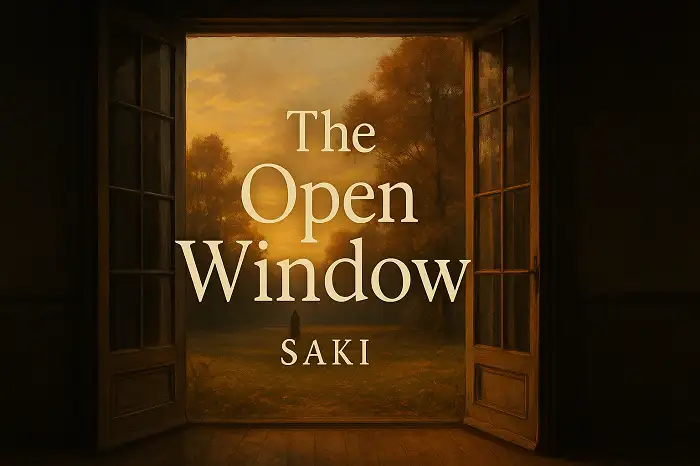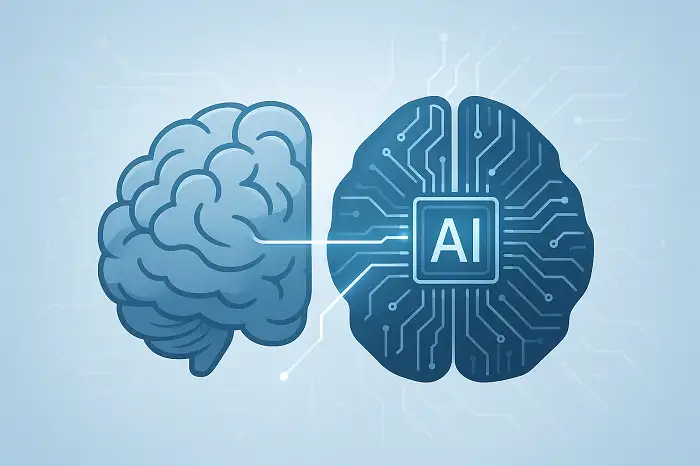IELTS Reading on Creativity What is creativity? Creativity is a phenomenon whereby something new and somehow valuable is formed. The created item may be intangible (such as an idea, a scientific theory, a musical composition, or a joke) or a physical object (such as an invention, a literary work, or a painting). Creative problem solving The process of creative problem-solving usually begins with defining the problem. This may lead to finding a simple non-creative solution, a textbook solution, or discovering prior solutions developed by other individuals. If the discovered solution is sufficient, the process may then be abandoned. A creative solution will often have distinct characteristics that include ...
Home » Reading Practice in English » IELTS Reading on Creativity with Flashcards

IELTS Reading on Creativity with Flashcards
Updated: by Dr. Mohammad Hossein Hariri Asl
Time to Read: 3 minutes | 364 Views | 4 Comments on IELTS Reading on Creativity with Flashcards
Share This Post
About the Author
Dr. Mohammad Hossein Hariri Asl is an English and Persian instructor, educator, researcher, inventor, published author, blogger, SEO expert, website developer, entrepreneur, and the creator of LELB Society. He's got a PhD in TEFL (Teaching English as a Foreign Language).
Number of Posts: 4242



A new piece of legislation to get divorced
Correction
Get a divorce
consistency is a key for making progress.
Correction:
… the key to making progress